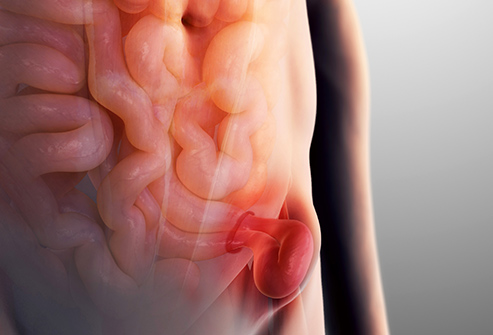Hernia can be defined as a situation whereby an organ pushes through an opening in the muscle or tissue that holds it in place. Example the intestines could break through a weakened area in the abdominal wall. Hernia most commonly occurs in the abdomen. However they could also affect the upper thigh, belly button, and groin regions. Usually hernia is not life threatening, but they will not get cured on their own. However they are painful and cause discomfort. If not treated on time they may result in potential dangerous complications.
DIFFERENT TYPES OF HERNIA:
INGUINAL– It is the most common type of hernia. It occurs in the intestines and pushes through a weak spot or tear in the lower abdominal wall, usually in the inguinal canal. The inguinal canal is found in the groins of both men and women. In men this holds the testicles and in women hold the uterus in its place. This hernia affects men more than women.
HIATAL– This occurs when a part of your stomach protrudes up through the diaphragm in the chest. The diaphragm is a sheet of muscle that helps to control the breathing. It separates the organs in the abdomen from those in the chest. If a child has this it is usually from birth. It usually affects people who are above the age of 50 years. Hiatal hernia always leads to gastroesophageal reflux.
UMBICAL– This hernia occurs in babies and children under the six months of age. If the intestines bulge through the abdominal wall near the belly button. Normally when the child cries it becomes visible. It is the only hernia that goes on its own.
INCISIONAL– This hernia occurs after an abdominal surgery. The intestines push through the incision scar or the surrounding weakened tissue.
WHAT RESULTS IN HERNIA?
Hernia is a result of muscle weakness and strain. Hernia could result in short period or over a long period of time. Age, failure of the abdominal wall to close the womb properly, chronic coughing, damage from injury or surgery, strain if your muscles are weak like being pregnant or constipated, heavy weight lifting, sudden weight gain or persistent coughing or sneezing.
The common symptom of hernia is a bulge or lump in the affected area. Pain or discomfort in the affected area.
HOW TO TREAT HERNIA?
Surgery is a option for the treatment of hernia, but it requires larger period for recovery process and hernia could recur also. Hernia is usually a lifestyle ailment so it should be treated by bringing changes in the lifestyle. Avoiding large meals or heavy meals should be avoided. Smoking and consumption of alcohol should be stopped. Maintaining ideal body weight and lifting weights from knees and not back should be done. It is a natural medicine and has no side effects and with Grocare medicines how to treat a hernia is a question that does not remain unanswered.

